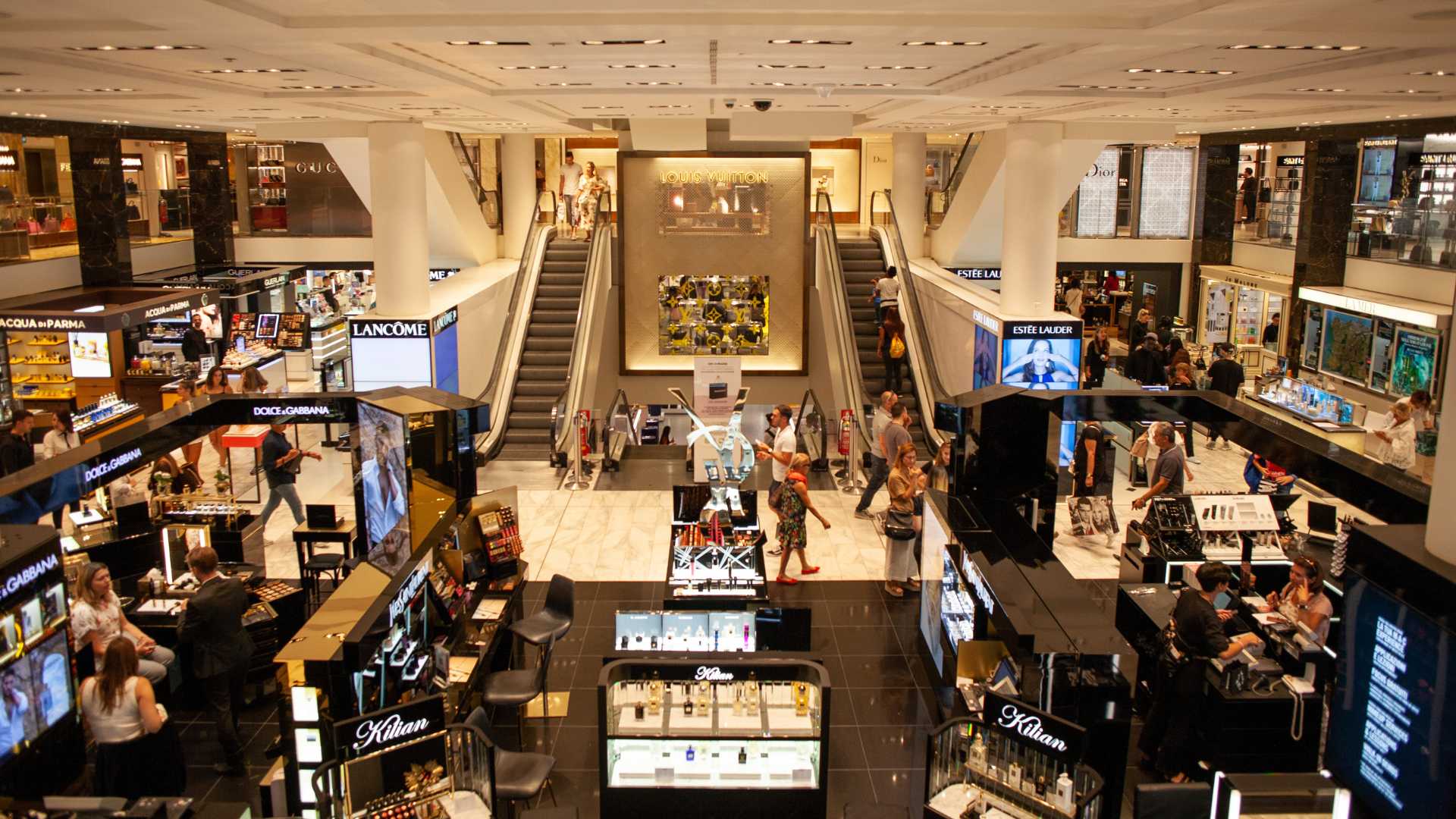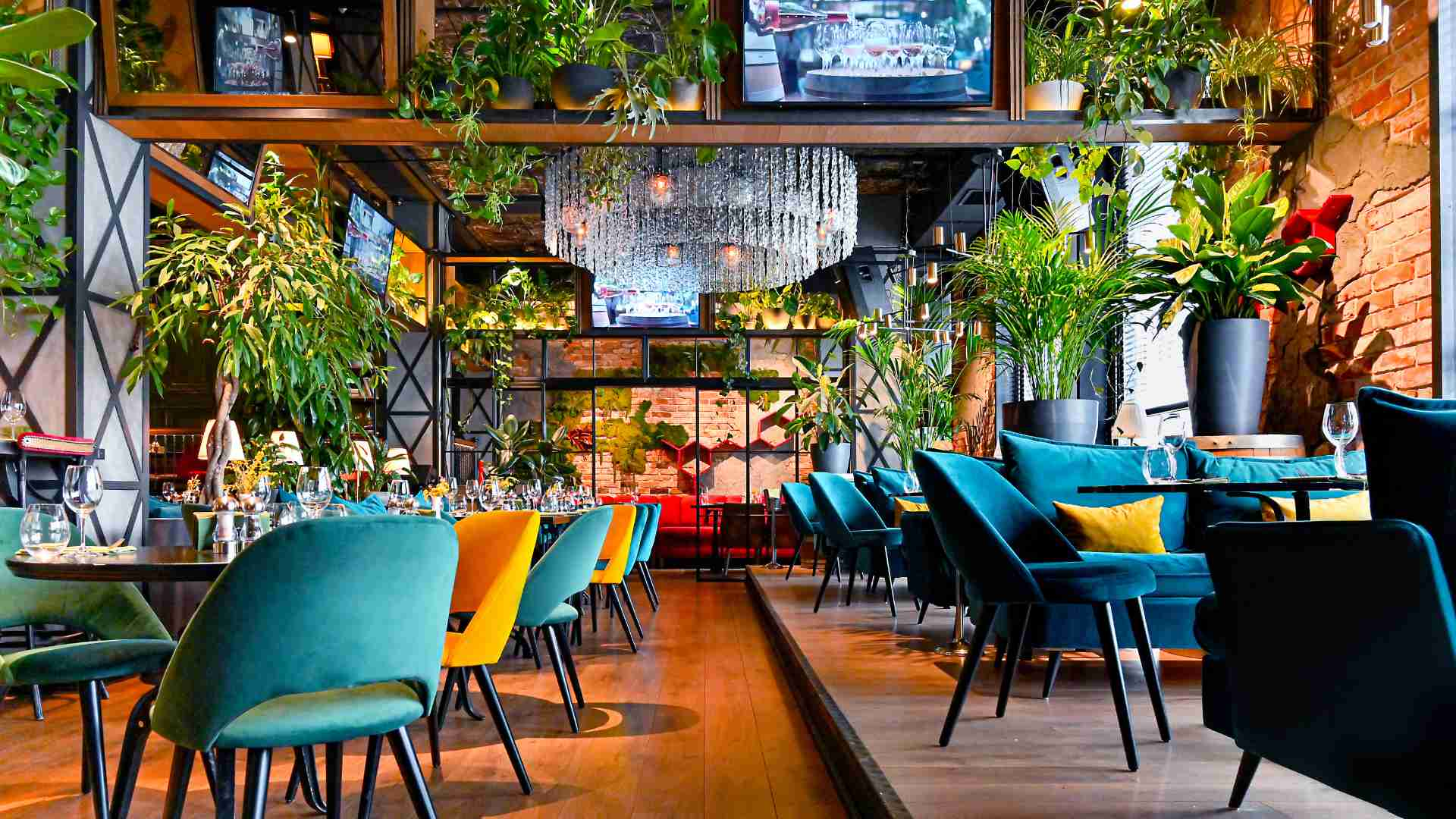Does Music Really Increase Sales?
Discover the potential of using music and sound to influence customer's purchasing decisions in your store.


In a previous article we discussed how smart commercial spaces used music curation to bring comfort and ease in a pandemic world. But it has other uses. We choose music to help increase sales. Is this theory true? The short answer is YES, but read on for the critical details.
Table of contents:
- Research and facts
- How the wrong music harms sales
- The enemy is carless music
- The double boost of music on sales
Music research and facts
In 1966 researchers measured the impact of music volume on shopper behaviour. They found that louder music lead customers to leave stores much sooner, compared to quieter music. Then came the classic 80s studies of Ronald Milliman, where slower music was associated with calmer customer movement and higher returns in the cash register. This finding was replicated in food and drink sales within restaurants.
So what kind of quiet, slow music works for your business?
The common belief is that classical music is the winner, as it has been linked to better sales than pop music, rock music or easy listening. However, take care with this common wisdom, this is where the waters become murky; classical music can also be associated with the poorest sales in some contexts.
How might choosing the wrong music harm your sales?
Going back to the early research, many brands and spaces sprang into action and took the easy route to apparent success. They piped in background music (often called ‘Muzak’, a trademarked term since 1930s), sat back and waited for the money to roll in. The problem was that in most cases it didn’t work.
In fact, the extreme reaction to this music was customer revolt. The musician Ted Nugent once offered to buy Muzak for $10 million for the sole purpose of shutting it down. A UK group called ‘Pipedown’ argued that music in public places constitutes "a form of noise pollution".
As a music expert, I agree most piped music ranges from unpleasant through to distressing and even painful, but this is not because music itself is bad for spaces or consumers.
The enemy is careless music
Cheaper, low quality music produced on low grade sound systems. The proportion of careless music in our commercial world is astounding. Companies spend millions on visual design but by comparison many of them invest pennies in auditory design.
We can avert our eyes, whereas sound is a 360 degree sensory experience that we are unable to ignore. A number of brands respond to complaints by cutting music out completely. That is an overreaction, and just because it is cheaper to cut music than to invest in making a space more pleasant and welcoming, doesn't mean your profits will be better. It is undoubtedly a missed opportunity.
Let’s finish with some facts about how music for business can have a positive impact on sales with the caveat in mind that these will only follow from well-chosen, thoughtful, curated music that respects consumer needs as well as brand image.

The double boost of music on sales
1. Make us feel more positive
Music enriches our body and mind states, making it more likely we will reflect positively on our circumstances and environment.
- Music absorbs time, replicating the psychologically desirable sense of flow. Nobody enjoys clock watching or boredom.
- Music stabilises mood and alertness.
2. Make the environment more positive
The external influencers. These modify the appearance of our space and our evaluations of the underlying agents, including the musician and the brand.
- Music curation makes us feel like spaces look better, it beautifies our world by extension.
- Great music becomes associated with a positive image, which helps build loyalty. This emotion-based concept goes from ‘I like being in their spaces, they make me feel good’ to ‘I want to spend my time and money there’.
Ultimately, whilst there is truth in the fact that music can influence sales, getting it right for each individual band and space is about far more than simple metrics like speed, volume, or genre.
CURATED, PERSONALISED MUSIC THAT REFLECTS BRAND IDENTITY AND ASPIRATIONS IS AN INVESTMENT THAT WILL INCREASE CUSTOMER SATISFACTION AND LOYALTY.




